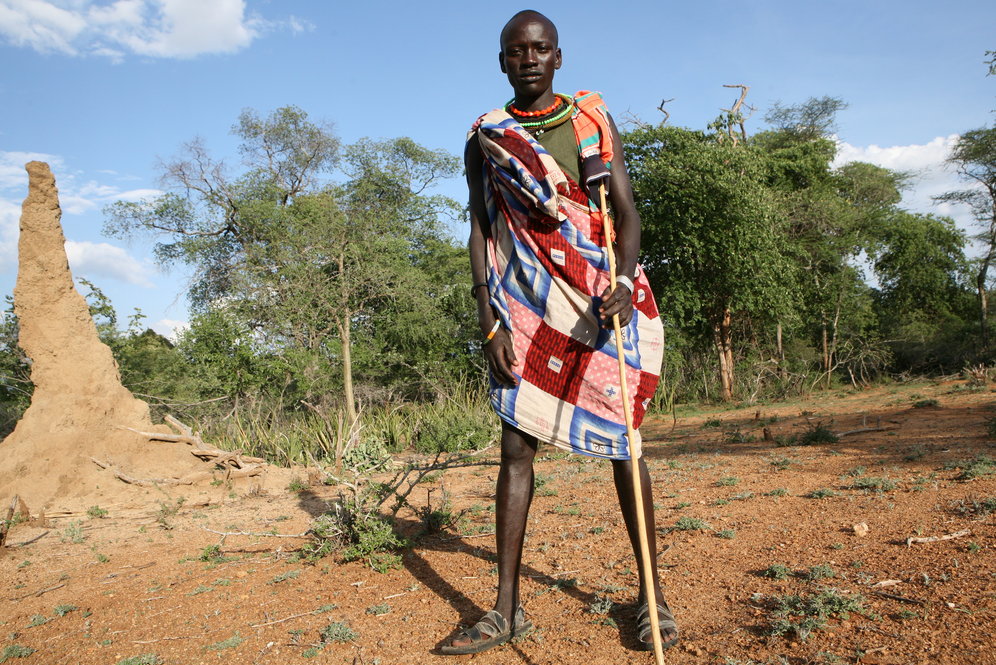
President Muhammadu Buhari says the shrinkage of Lake Chad was one of the main factors responsible for insurgency and socio-economic unrest in the Lake Chad Basin Commission (LCBC) member countries.
Buhari, who disclosed this during the International Conference on Saving the Lake Chad held in Abuja on Wednesday, said the negative effects of the shrinkage of Lake Chad are indeed enormous.
According to him, the Lake Chad which is one of the oldest Lakes in Africa is shared by Cameroon, the Central African Republic, Chad, Niger and Nigeria.
The president added that it is a source of livelihood to over 45 million people living in the Basin in the areas of
Agriculture, Fisheries and Livestock.
He added that the Lake Chad region was formerly an “oasis in the desert”, a hub of economic activities and food security.
The President further noted that farmers, fishermen, herdsmen and traders were happy because business was booming, adding that the happiness and contentment contributed to the stability of the sub-region.
Buhari, however, observed that, “unfortunately, today that is all history. The “oasis in the desert” is just a desert now, due to the drying up of the Lake Chad.’’
He said this had resulted in dire consequences for the inhabitants of the basin.
The President quoted the reports of the United Nations (UN) Office for the Coordination of Humanitarian Affairs:
“Food security has deteriorated, with more than seven million people in the sub-region facing the threat of famine and half a million children suffering from severe malnutrition.
“Fish varieties are long gone leaving the fishermen jobless. Farmers and herdsmen struggle over the little water left.
“Herdsmen migrate in search of greener pastures resulting in conflicts.
“Our youths are joining terrorist groups because of lack of jobs and difficult economic conditions. This has resulted in serious instability in the sub-region.
“The negative effects of the shrinkage of Lake Chad are indeed enormous.’’
He, however, lauded the Presidents and Heads of Government of the LCBC for the measures so far taken to tackle the shrinkage of the Lake.
He also commended them for implementing all LCBC programmes aimed at safeguarding the ecosystem of the Basin and the development of the people.
Buhari revealed that Nigeria on its part had initiated several measures to cushion the plight of the people living on Nigeria’s side of the Basin.
He stated that some of the measures included the establishment of the Presidential Initiative on the North East (PINE); North East Recovery and Peace Building Assessment in Collaboration with World Bank, EU, and UN; and the North East Development Commission (NEDC) recently established by law.
Unfortunately, according to the President, the major challenges facing the Lake Chad region still remain unresolved.
“Our desire as a nation to restore the sub-region to its former glory is very real as evident in my numerous appeals to the international community for support towards the Lake’s revival.
“One of such appeals was made during my meeting with the Director-General of UNESCO – Ms. Irina Bokova on August 11, 2016.
“During that meeting, I requested for a partnership with UNESCO in the organization of an International Conference to reactivate and raise awareness for an international campaign to save the Lake Chad.
“UNESCO graciously accepted my request and a Communiqué was issued.
“One of the outcomes of the Communiqué is the organization of this Conference. So, I must especially thank UNESCO for their support,’’ he said.
He therefore stated that the international conference was designed with a view to finding workable solutions in resuscitating the Lake Chad to the benefit of all member countries of the LCBC and to the ecological balance of a large area of West Africa.
The chairman of the LCBC and President of Niger Republic, Alhaji Mahammadou Issoufou, who spoke in French, said the resuscitation of the Lake Chad would restore economic stability in the sub-region.











